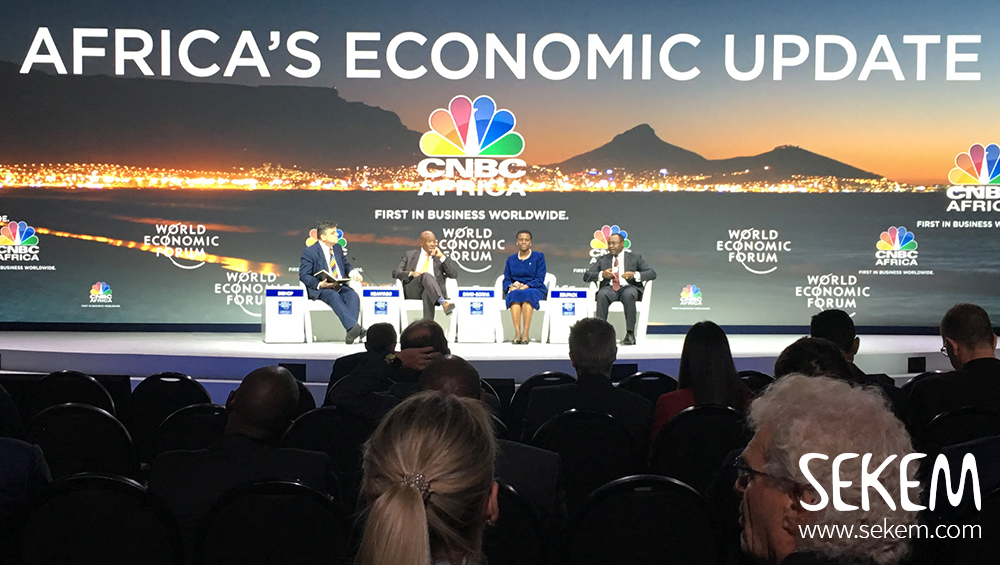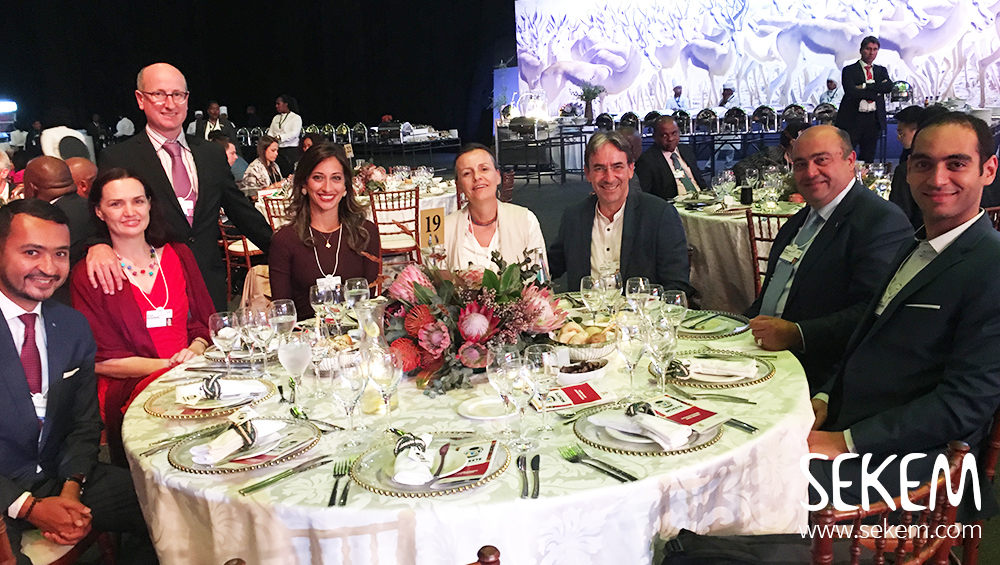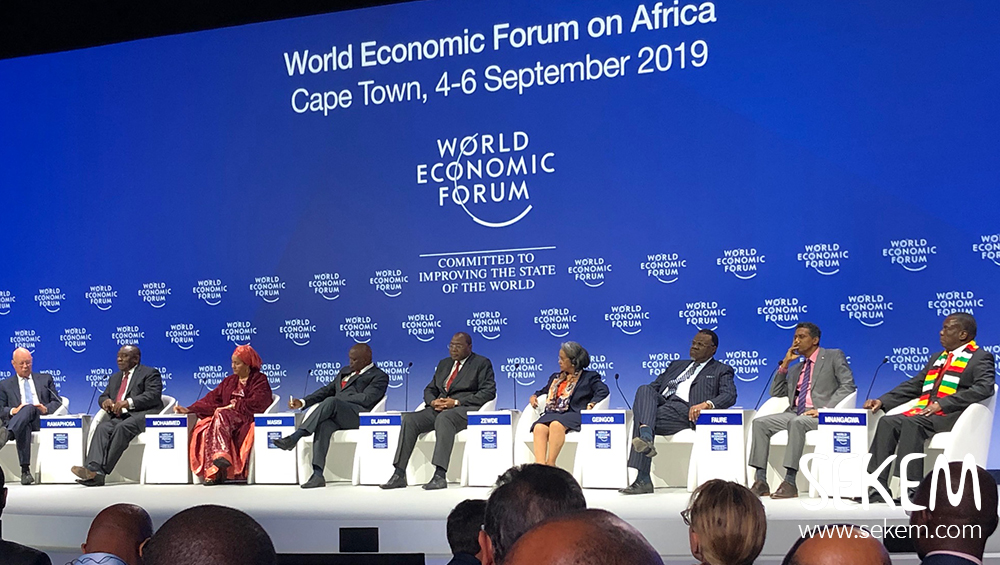Africa is the second largest continent of our planet in size and population, with an estimate of 1.2 billion people residing over the space of 30 million square Km. It also contains around 30% of global mineral reserves. The region is home to the world’s largest arable land mass; second largest and longest rivers (the Nile and the Congo); and its second largest tropical forest (according to the African Natural Resources Center), yet it’s unable to fulfill its population’s basic needs, with an average poverty rate of 41% in Sub-Saharan Africa in 2015 (according to World Bank).
The World Economic Forum on Africa that took place in Cape Town, invited all the decision makers in Africa, including presidents, ministers, businessmen and women as well as the most powerful and influential NGOs, initiatives and associations, in order to discuss the challenges in Africa and find solutions. SEKEM was invited as a holistic initiative for sustainable development and represented by its CEO, Helmy Abouleish, during a session on facilitating foreign investment with a special focus on sustainable agriculture.

The main challenges mentioned were the weak governance systems, corruption, strong burdens within the intercontinental trade, health issues, illiteracy, inefficiency of the educational systems and the poor management of resources. These challenges were addressed within four main tracks: innovation, cooperation, growth and stability.
Many challenges – many opportunities for change
“When looking at all those challenges it became clear that they can be tackled by a holistic approach that we in SEKEM try to promote within the framework of our vision for 2057”, Helmy Abouleish explains. “For Africa this means for instance regarding governance to combat corruption and foster cooperation instead of protection. In the economic field digitalization offers huge opportunities that enable Africa to jump over decades of development and will hence even create new jobs.” In regard to ecology sustainable development had been emphasized which could be fostered by not producing any new product but instead do recycling, circular economy or create something within the circle of nature. More generally and with special focus in education it became clear that youth will be the driving force for development in Africa as almost half of Africa’s population is younger than 25 years.

“Besides the challenges, the World Economic Forum 2019 presented inspiring examples that demonstrate that a change can come very quickly; and each one has the chance to contribute no matter where and when,” Helmy Abouleish summarizes his impression of the World Economic Forum for Africa 2019. One of these many examples is the story of the young Kenyan teacher Peter Tabichi, who was awarded the Global Teacher Award 2019 (that includes a prize money of 1 million dollars) for his alternative teaching approach to science in a small Kenyan village far away from civilization.
1st Networking Workshop for Boosting Organic Farming in Africa
SEKEM at the Annual GEN Africa Regional Conference

